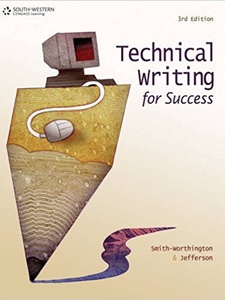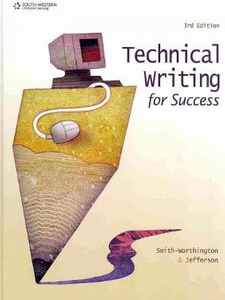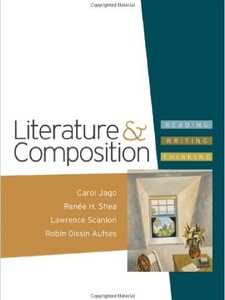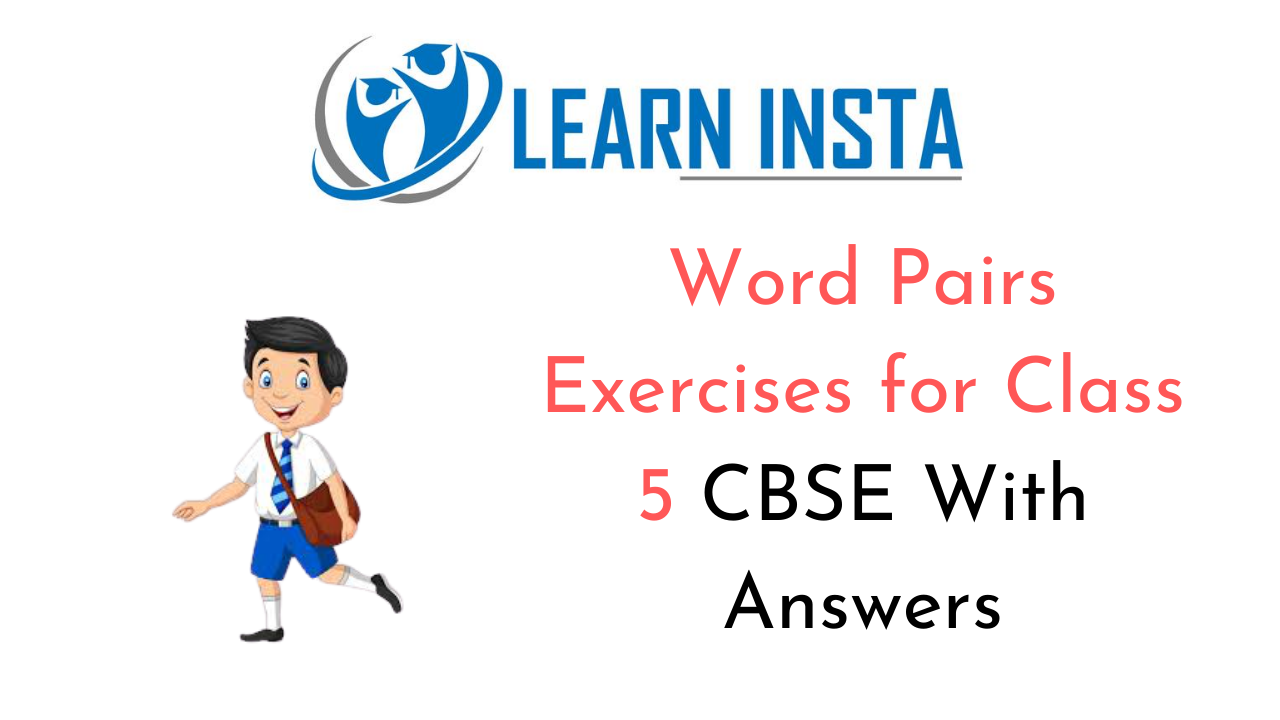
Word pairs are words that go together in some way, like ‘thick and thin’ or ‘short and sweet’. They are used to give greater emphasis to what we say or write. They are called Twin Words.
Word Pairs Exercises with Answers for Class 5 CBSE PDF
A. Choose from the list below a word that goes with another word in the column.
sevens, kicking, call, soul, fortune, cry, ruin, span, sound, then, thin, earth, key, wide, here, tough
| alive and | body and | beck and | fame and |
| far and | high and | rough and | hue and |
| heaven and | rack and | safe and | spick and |
| thick and | there and | lock and | sixes and |
B. Complete each sentence, using a twin word from the box.
take – span – round – nail – again – neck – furious – low
a. The two dogs fought tooth and _____________ over the bone.
b. The girls ran round and _____________ the yard until they were tired.
c. The room looked spick and _____________ after I cleaned it.
d. There has to be some give and _____________ if we are to be fair.
e. We looked high and, _____________ but we couldn’t find it.
f. The horses raced neck and _____________ along the course.
g. The match was played at a fast and _____________ pace.
h. I have told you again and _____________ pace. not to do it.
Words like their and there, its and it’s are often confused. This exercise tests your understanding of similar word pairs.
Complete the given sentences.
1. …………………. knowledge is a dangerous thing.
2. …………………. children are innocent.
3. ………………….. children are interested in reading.
4. He has ………………….. buildings of his own.
5. The …………………. half of the film is more interesting than the former.
6. My …………………. brother works abroad.
elder
older
Either could be used here
7. Trains run ……………….. five minutes.
8. ………………… bag is this?
9. The dog has had ………………….. breakfast.
10. ………………… is something wrong with this computer.
Answers
1. A little knowledge is a dangerous thing.
2. Little children are innocent.
3. few children are interested in reading.
4. He has many buildings of his own.
5. The latter half of the film is more interesting than the former.
6. My elder brother works abroad.
7. Trains run every five minutes.
8. Whose bag is this?
9. The dog has had its breakfast.
10. There is something wrong with this computer.
Troublesome Word Pairs
There are some words in English that sound almost the same or have similar meanings, and so are often used wrongly. Look at each word pair given below and learn the difference in meaning and usage between them.
1. Accept/except
To accept is to receive or agree to something while except means to omit or exclude
For example,
She accepted his offer of marriage.
Everyone was chosen except him.
2. Adapt/adopt
To adapt is to change something to suit a situation or a person; to adopt is to make something one’s own.
For example,
He adapted the advice given to suit his own needs.
They decided to adopt the baby.
3. Affect/effect
To affect is to influence or change; to effect is to cause something to happen
For example,
The civil war will surely affect the tourism industry.
The new law effected a boom in the building industry.
4. Amount/number
Amount applies to quantities that are measured but not counted; number is applied to quantities that can be counted.
For example,
The amount of rice left in the pot is enough for all of us.
There is still a large number of chicken in the coop.
5. Any/either
Any is used when there are three or more choices; either is a choice of one between two.
For example,
Are there any seats left?
You may have either seat 23 or seat 45.
6. Beside/besides
Beside means being next to; besides means as an addition
For example,
The vase has been placed beside the pot.
Do you play any sport besides tennis?
7. Between/among
Between refers to two entities; among refers to more than two entities.
For example,
The little boy sat between his father and mother.
The little boy played among his friends.
8. Briefly/shortly
Briefly is an adverb of time and manner meaning in a few words or for a short period of time; shortly is an adverb of time meaning very soon or after a little time.
For example,
I will tell you briefly what was said at the meeting. (in a few words)
The tour group stopped here briefly before continuing on their journey. (for a short period of time.)
I will be seeing him shortly. (soon)
They will be here shortly. (after a little time)
9. Bring/take
Bring involves movement from there (where you are) to here (where I am). Take involves movement from here (where I am) to there (where you are).
For example,
Bring me my book. Bring it here.
Take this book to Ms. Wong.
10. Bunch/crowd
Bunch is a collection of inanimate things; crowd is a number of people gathered together.
For example,
I found a bunch of keys in the old cupboard.
A big crowd gathered to watch the show.
11. Borrow/lend
We borrow when we take something that belongs to someone else but when we lend we give something that is ours to someone else.
For example,
May I borrow your pencil, please?
I will lend you my pencil but I want it back immediately.
12. Clothes/cloth
Clothes are things that we wear; cloth is a piece of material.
For example,
She wears beautiful clothes.
He rolled out the bundles of cloth he had.
13. Deny/refuse
Deny is to assert that something is not true or to withhold something from a person. Refuse is to reject something that is offered or not do what one is asked to do.
For example,
He denied having copied the answers. (He said it was not true)
The teenagers were denied admission to the theatre. (They were not given permission to go in.)
He refused to sing the song. (He would not sing the song.)
His request was refused. (rejected).
14. Do/make
Do (does, did) means to perform, accomplish or finish something. Make (makes, made) means to construct or create.
For example,
He does his job well.
They did a number of things today.
He made all the toys in this room.
My mother makes her own clothes.
15. Fewer/less
There is little difference in using fewer/less when we speak. However, when we write, we use fewer when a noun is countable and less when the noun is uncountable.
For example,
Fewer bicycles
Fewer cars
Fewer boys
But
Less trouble
Less water
Less chance
16. Good/well
Good is an adjective used to describe a person or thing. However, well is usually used as an adverb and it is used to tell how something is done.
For example,
That was a good game!
We played well, didn’t we?
Home |
English Vocabulary |
Food and Drink |
Word Pairs |
We sometimes use the word and to join up two words that go together.
Examples: pen and paper, food and water, thunder and lightning.
Can you put these words that go together into pairs?
| fish and | ||
| knife and | ||
| bacon and | ||
| bread and | ||
| salt and | ||
| cup and |
Recommended textbook solutions
The Language of Composition: Reading, Writing, Rhetoric
2nd Edition•ISBN: 9780312676506Lawrence Scanlon, Renee H. Shea, Robin Dissin Aufses
661 solutions
Technical Writing for Success
3rd Edition•ISBN: 9780538450485 (3 more)Darlene Smith-Worthington, Sue Jefferson
468 solutions
Technical Writing for Success
3rd Edition•ISBN: 9781111445072Darlene Smith-Worthington, Sue Jefferson
468 solutions
Literature and Composition: Reading, Writing,Thinking
1st Edition•ISBN: 9780312388065Carol Jago, Lawrence Scanlon, Renee H. Shea, Robin Dissin Aufses
1,697 solutions
up and down
start learning
going alternately up and down/variable
to and fro
start learning
going alternately
up and up
start learning
constantly increasing
ups and downs
start learning
troubles, complications, uncertainties
more and more
start learning
increasingly, more frequently
loads and loads
start learning
a lot
odds and ends
start learning
scraps, remnants
on and off
start learning
sometimes, infrequently
now and then
start learning
infrequently, periodically
from time to time
start learning
intermittently, ocassionally
out and about
start learning
well enough to come and go, especially after an illness
black and white
start learning
monochromatic picture, i.e. without colors
black or white
start learning
clear distinction, without any gradation
in black and white
start learning
written down or in print, therefore official
bits and pieces
start learning
things, elements
far and wide
start learning
for a great distance, over a large area
flora and fauna
start learning
plants and animals
give or take
start learning
approximately
plus or minus
start learning
approximately, nearly
more or less
start learning
approximately, roughly
peace and quiet
start learning
tranquillity and freedom from disturbance
pick and choose
start learning
select with great care
sick and tired
start learning
annoyed and tired by reason of excess
sooner or later
start learning
eventually, at some unspecified future time
song and dance
start learning
an elaborate story or effort to explain and justify something, or to deceive and mislead someone
then and there = there and then
start learning
at that precise time and place, on the spot

Common Word Pairs
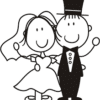
| Adam and Eve | life or death |
| back and forth | lock and key |
| bacon and eggs | lost and found |
| bed and breakfast | man and wife |
| birds and bees | name and address |
| black and white | nice and easy |
| body and soul | null and void |
| bread and butter | peaches and cream |
| bread and water | pen and pencil |
| bricks and mortar | pork and beans |
| bride and groom | pots and pans |
| business and pleasure | prim and proper |
| by and large | profit and/or loss |
| cause and effect | pros and cons |
| cloak and dagger | pure and simple |
| coat and tie | rain or shine |
| coffee and doughnuts | ranting and raving |
| cream and sugar | read and write |
| crime and punishment | right and/or wrong |
| cup and saucer | rise and fall |
| dead or alive | salt and pepper |
| down and out | shirt and tie |
| first and last | shoes and socks |
| fish and chips | short and fat |
| flesh and blood | signed and sealed |
| forgive and forget | slip and slide |
| front and center | soap and water |
| fun and games | sooner or later |
| give and take | stars and stripes |
| ham and eggs | suit and tie |
| hammer and nail | supply and demand |
| hemmed and hawed | sweet and sour |
| high and dry | tall and thin |
| high and low | thick and thin |
| hot and bothered | tossed and turned |
| huffing and puffing | touch and go |
| husband and wife | trial and error |
| in and out | trials and tribulations |
| Jack and Jill | up and/or down |
| knife and fork | wait and see |
| ladies and gentlemen | war and peace |
| law and order | wine and cheese |
If we forgot a word pair, please let us know via our comment form below.
Reader Interactions
In English, there are certain word pairs that always go together. If you try to reverse their order it sounds weird to a native speaker.[1]https://www.sightwordsgame.com/vocabulary-words/word-pairs/
Below are a few popular examples of English word pairs.[2]https://www.thoughtco.com/nonreversible-word-pairs-1209931
Bacon and Eggs
Would you like some bacon
and eggs for breakfast?
Back and Forth
They kept on arguing back
and forth.
Bed and Breakfast
We stayed in a beautiful little bed and breakfast by the beach.
Brick and Mortar
It is an online only store. It doesn’t have any brick and mortar locations.
Bride and Groom
The bride and groom
looked so happy walking down the aisle together.
Business and Pleasure
I try to not mix business
and pleasure.
Cause and Effect
There is a clear cause
and effect to the situation that you find yourself in.
Coffee and Donuts
Would you like to get some coffee and donuts for breakfast?
Cream and Sugar
Do you take cream and
sugar with your coffee?
Dead or Alive
The wanted poster said that they wanted the criminal dead or alive.
Fun and Games
It is all fun and
games until someone gets hurt.
Front and Center
The teacher told me to stand front and center to give my presentation.
Hammer and Nail
This job requires a hammer
and nail to complete.
Knife and Fork
Can you set knives
and forks on the table?
Ladies and Gentlemen
Ladies and Gentlemen
can I have your attention please?
Law and Order
Law and order is
the rule of the land.
Life or Death
The people in the sinking boat are in a life or death situation.
Lost and Found
Check the lost and
found to see if you can find your lost cellphone.
Pots and Pans
I had to clean all the pots
and pans.
Rain or Shine
We will be there rain
or shine.
Salt and Pepper
Can you pass me the salt
and pepper please?
Sooner or Later
Sooner or later
you will need to study if you want to do well in the class.
Sweet and Sour
I really like sweet
and sour chicken.



